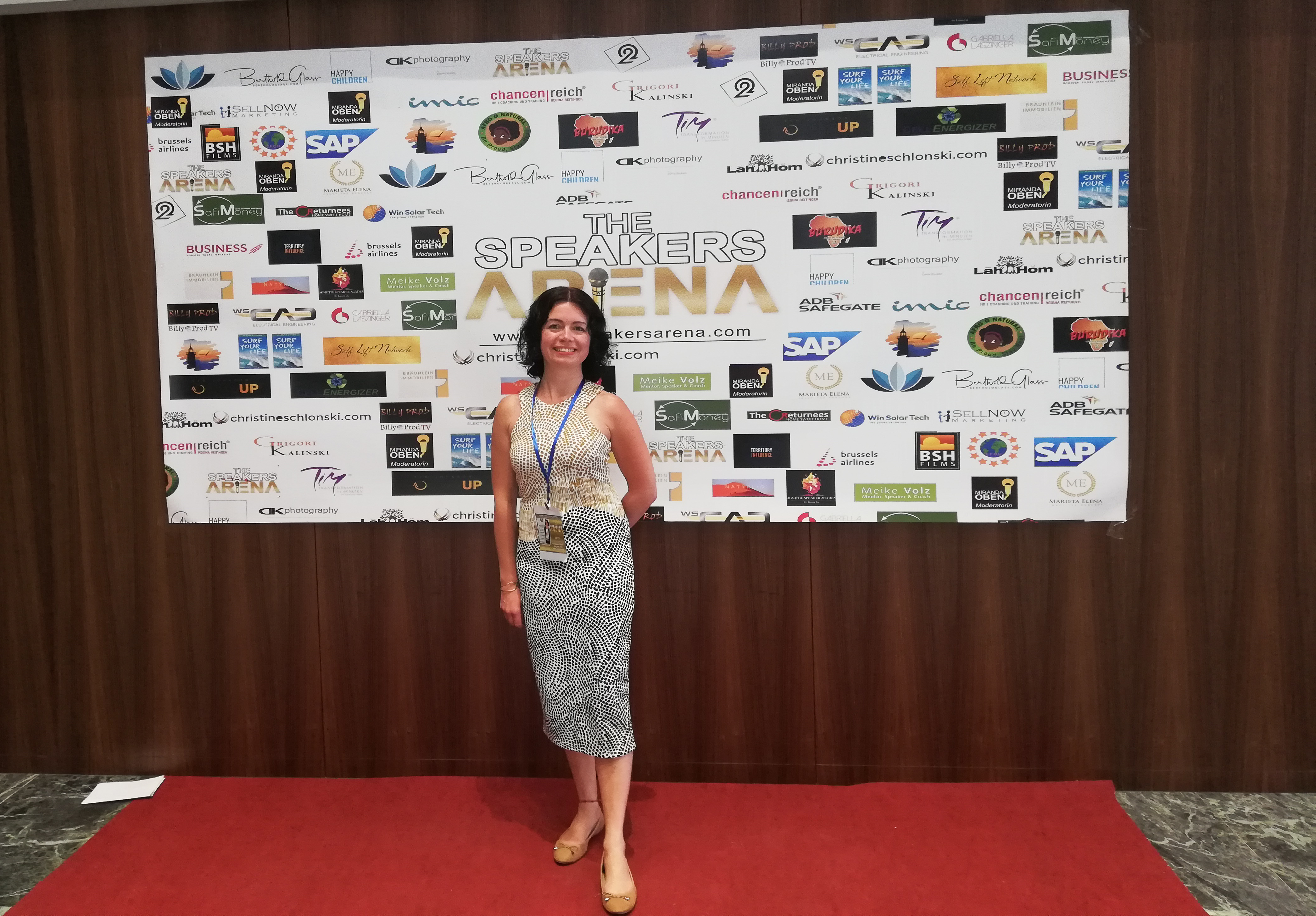
Claudia Koehler is a sociologist who specialises in migration, education, integration and youth. She is also the Executive Director of Farafina Institute, a Germany-based think tank working on issues of participation, wellbeing and human rights with a focus on Africa. On 16 April, she participated as an expert speaker in KAICIID’s webinar “Integration through Dialogue – Opportunities for Refugees and Migrants” (click to listen)
In many industrialised countries, the COVID-19 pandemic emphasises the stark digital divide within society. As students are forced to switch to online learning, there is growing concern that digital exclusion is disproportionately affecting the education of families from poorer socioeconomic backgrounds – particularly refugees and migrants.
“Many refugees and migrants – particularly youth - lack the tools to engage in distance learning”, Claudia Köhler, sociologist, migration expert and Executive Director of the Bamberg-based Farafina Institute states.
“Refugees often live in accommodations where there may only be one WiFi spot for everyone, that is, if they even have access to digital devices at all.”
“Digital learning can be an opportunity if everyone is given access”
However, Köhler believes that in the long term, digital learning could also become an opportunity if devices are made available to everyone. “The internet stands for internationalisation. Previously, international experiences, such as study abroad programmes, were the privilege of wealthier families. Today, the use of digital channels has the potential to change that.”
Other opportunities, according to Köhler include online networking opportunities and digital learning platforms, which are now open to anyone with a digital device and are no longer just accessible by those who can afford to travel.
“If we can make sure that all young people in the educational system are provided with digital devices then this creates a lot of potential”, Köhler said.
Farafina Institute’s own international exchange programme invites participants, including refugees, to work together in small groups, brainstorm ideas and create concepts for projects that promote social change. The organization has also created an online platform called “Action for Change” where users can join forces and apply for external funding.

“Education does not end with childhood”
Köhler says ensuring access to online learning opportunities for everyone, whether migrant or non-migrant, is vital, and that these opportunities need to be geared toward all ages, since education does not end with childhood.
“Many refugees are no longer school-aged. They have often missed out on years of education, either because of their long journey, the situation in their home country or both. These people need access to education when they arrive, regardless of their age”, she said.
Many face legal barriers in their host communities and lack the right to attend regular schooling, vocational training, or language classes. “All this has become worse due to COVID-19 and the lockdown”, she said.
“Students need teachers with a migration background as role models and bridge builders”
Younger refugees and migrants also face classroom discrimination and integration issues. According to Köhler, these challenges need to be addressed throughout the education system.
“If we look at research concerning discrimination and prejudice in schools, we will see that behaviour often comes from teachers, not fellow students”, Köhler said.
Subtle and overt biases towards students with a migrant background have an impact on self-perception, which Köhler says makes many students start to doubt their own skills and capacities. This impacts their educational performance and as a result, they are more likely to choose low-skilled professions.
Köhler says that one way to solve this problem is by ensuring there are more teachers from migrant backgrounds. “They are very important, both as role models for students and as bridge builders between the student, the teacher and the student´s family”, Köhler said.
One example is Sweden, which has developed a “fast track” procedure designed to help refugees who were former teachers, transfer teaching credentials from their country of origin in less than a year. In order to give participants quick access to course content, both Swedish and their native language are used as languages of instruction. “This is an initiative that should be copied by other countries”, she said.
“Also, we have to develop an understanding for the importance of diversity in our education system. We must accept that diversity is not a problem but something positive that should be considered as potential; as part of our commonality, not as an exception”, Köhler added.
“Religious beliefs are the most important resilience factor for most refugees”
Köhler adds that strengthening interreligious dialogue, especially in schools, could be an important cornerstone to secure peaceful coexistence and mutual understanding.
“According to a study we recently contributed to on the issue of resilience, religion almost always plays a vital role in the life of newly arrived refugees.” Köhler said. Emphasising diversity at schools has a lot of positive potential. “If all students were taught basic knowledge about different religions, they would come to realise that there are many connecting elements between them and that animosities don’t make sense.”
“Migrants and refugees must be equal partners”
Dialogue also creates relationships and adds to interpersonal trust which is vital to deconstruct prejudice towards newcomers in their host countries. “Most people who do not come from migrant backgrounds have never had any personal contact with a refugee. Whenever connections are created through personal encounters, regardless of the format, those encounters contribute to a positive interpersonal understanding”.
Köhler believes that allowing refugees and migrants to lead the way will help smooth the integration process. “Very few programmes are conceptualised, designed or led by refugees and migrants themselves. The same occurs in academia, politics and even civil society. We see initiatives that target migrants and refugees, but they were entirely created by individuals without migrant backgrounds. We have to consider them as equal partners”.